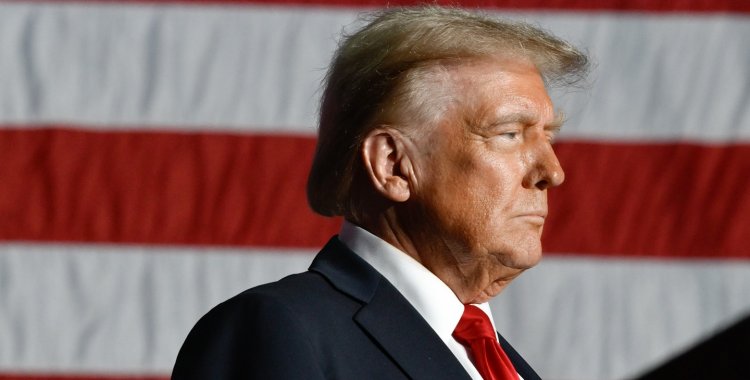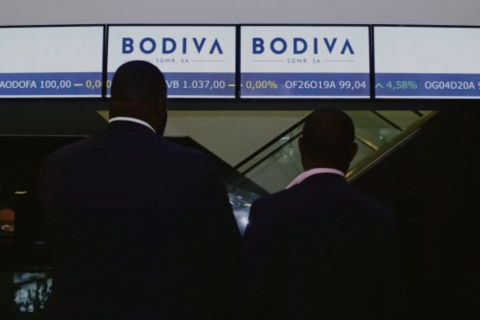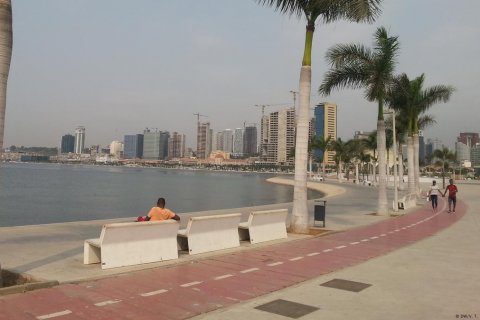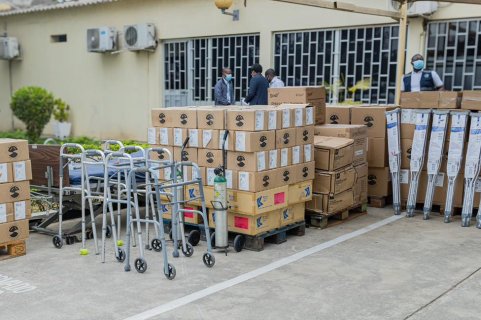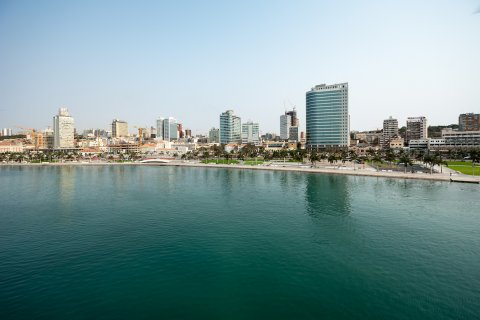"President Joe Biden announced, during his visit to Angola last week, new investments for the Lobito railway project, which is just the beginning of the United States' redoubled efforts to counter Chinese influence in Africa", wrote analyst David Omojomolo.
In the analysis sent to investors, and to which Lusa had access, the analyst who follows the Angolan economy wrote that "there are reasons to think that Trump is in favor of involvement in the region based on investments whenever there is a financial interest for the United States" and pointed out two arguments to support the view that the US will deepen economic relations with Angola and Africa.
"First, we make the case that (Donald) Trump is likely to favor an investment-led approach to engagement in the region when there is a transactional interest for the US; countries rich in minerals or, in the case of Angola, with export hubs that have something to offer the US, they will likely gain from it, to the detriment of those who depend most on aid," the analyst wrote.
Furthermore, the analyst maintains that the interest in curbing China on the African continent supersedes the conviction about climate change.
"Second, although the role of critical minerals in supporting the ecological transition may not be a priority for Trump, we think that Trump's, and the Republican Party's, more hawkish view toward China could help the project, especially considering China's significant interests in the region's mining sectors," he concluded.
Joe Biden's visit to Angola, last week, "generated another 600 million dollars for the Lobito corridor, with the North American investment now worth around 4 billion dollars", around 3.8 thousand million euros, says Capital Economics, concluding that the project "is an opportunity for the United States to access minerals such as cobalt and copper for clean energy."
The Lobito Corridor is the first strategic economic corridor launched under the aegis of the G7 Partnership for Global Infrastructure and Investment (PGI) in May 2023, which was followed by the signing of a joint declaration between the European Union (EU) and the United States of America (USA), on the sidelines of the September 2023 G20 Summit in New Delhi, in support of the development of the Corridor.
In October last year, during the Global Gateway Forum, the EU and the US signed – together with Angola, DRCongo, Zambia, the African Development Bank (AfDB) and the African Finance Corporation (AFC) – a Memorandum of Understanding (MoU) to define the roles and objectives for the expansion of the Corridor.
AFC is the main promoter of the project that will connect the three African countries, and it is expected that the railway line to be modernized, in the part that already exists, and completed, will create economic benefits of approximately 3 billion dollars for the countries, reduce atmospheric emissions by around 300 thousand tons per year, and create more than 1250 jobs during its construction and operations, which are scheduled for completion by the end of the decade.

